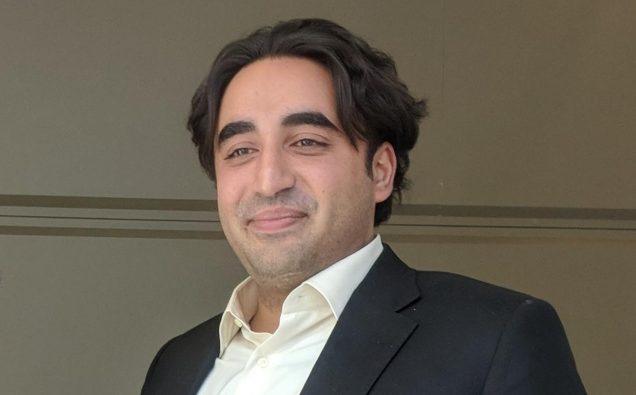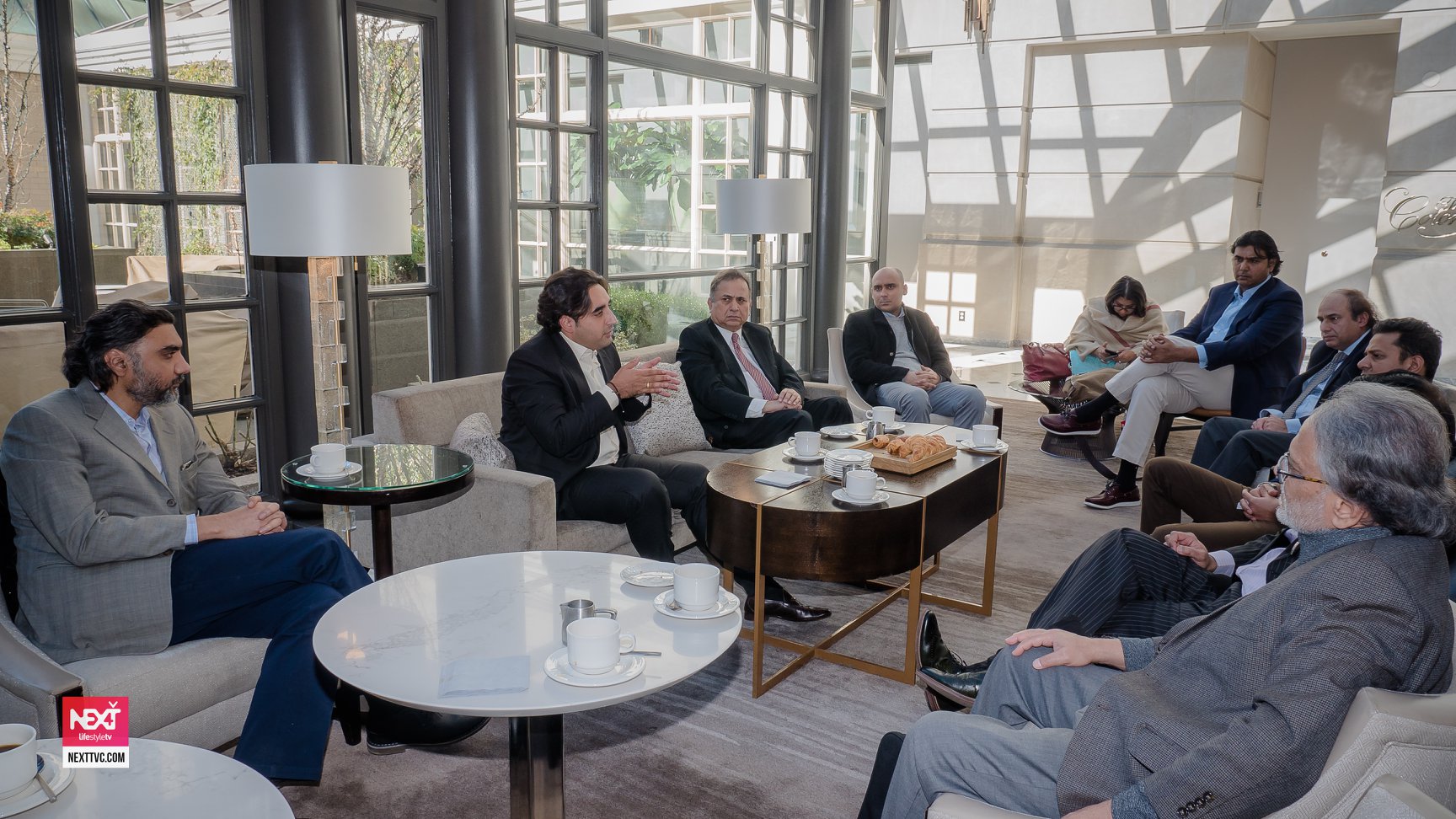
In a series of appearances at American think tanks, in D.C. and Boston, Bilawal also called for consistency in U.S.-Pakistan relations, which have fluctuated between alliances and estrangements as per U.S. interests in the region.
“In a country like Pakistan beset with militancy, a history of dictatorship and a restive region, the holding of three democratic elections in a row, peaceful transfer of power from one elected government to another and again, should not be dismissed as insignificant. These are significant achievements indeed,” he said, speaking to experts at the U.S. Institute of Peace.
Bilawal was referring to three democratic elections since 2008 and two successive transfers of power to elected governments in 2013 and 2018. He said democracy appears to be irreversible after these successive gains.
However, Bilawal noted that beyond elections, democracy means “equality before law, human dignity, justice, life, liberty, freedom of expression and the pursuit of happiness, and peace.
“Measured with this yardstick, we have several issues facing us today,” while underscoring his party’s commitment to freedom of expression and the media. On his views about economic growth Bilawal said Pakistan should take advantage of its geostrategic position and have trade with every country bordering Pakistan.
“We have the potential to be the future trade hub of the world. We need to come out of the security state mentality, to unleash our full potential. The many challenges we face, may appear insurmountable.
“But as my mother used to say, “We’ve come too far, we’ve sacrificed too much, to fail now” – And as was often, if not always the case, she was right!
“And so we continue to fight and we continue to struggle. We struggle for peace and for stability. We fight for the marginalized and the disenfranchised. We struggle for rule of law and civil liberties. We fight for equal rights and opportunities,” he said referring to his mother late Benazir Bhutto, the first woman prime minister in the Muslim world, who was assassinated in a terror attack in December 2007.
We are so excited to be hosting @BBhuttoZardari, Chairman of Pakistan’s People’s Party and son of former Prime Minister Benazir Bhutto, for a conversation with our faculty and students! pic.twitter.com/8YKE9lMhQ6
— Pardee School of Global Studies, Boston University (@BUPardeeSchool) February 11, 2019
Bilawal also had an interaction with Washington-based Pakistani journalists, where he pledged to reinvent the party in the face of challenges and aspirations of the young people.
He also acknowledged the role of the youth during his remarks at the USIP but underscored the need for their gainful employment.
“With over 60% of our population comprising of youth, our untapped potential is immense. Millions of young people enter the job market ever year and our economy with its projected 3% growth rate till 2022, isn’t equipped to handle the level of unemployment.”
Bilawal also addressed the ongoing efforts for peace in Afghanistan under President Trump and supported by the Imran Khan government and urged genuine reconciliation among warring parties so that the region does not face a repeat of past instability and uncertainty.
He also visited the Frederick S. Pardee School of Global Studies at Boston University on Monday for a conversation with Pardee School faculty and students on a range of topics including Pakistan’s most recent national elections, foreign policy, and investment in youth in Pakistan, according to the university.
During the conversation, moderated by Prof. Adil Najam, the inaugural Dean of the Pardee School of Global Studies at Boston University, the PPP leader believed that even though Pakistan’s democracy was far from perfect and the 2018 elections were clouded by many irregularities, “the sensibility of the Pakistani people is fundamentally democratic.”



















